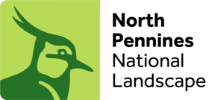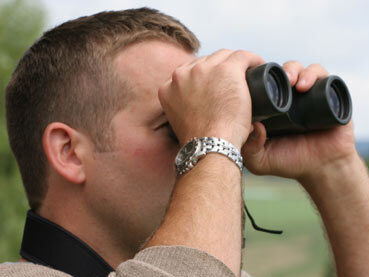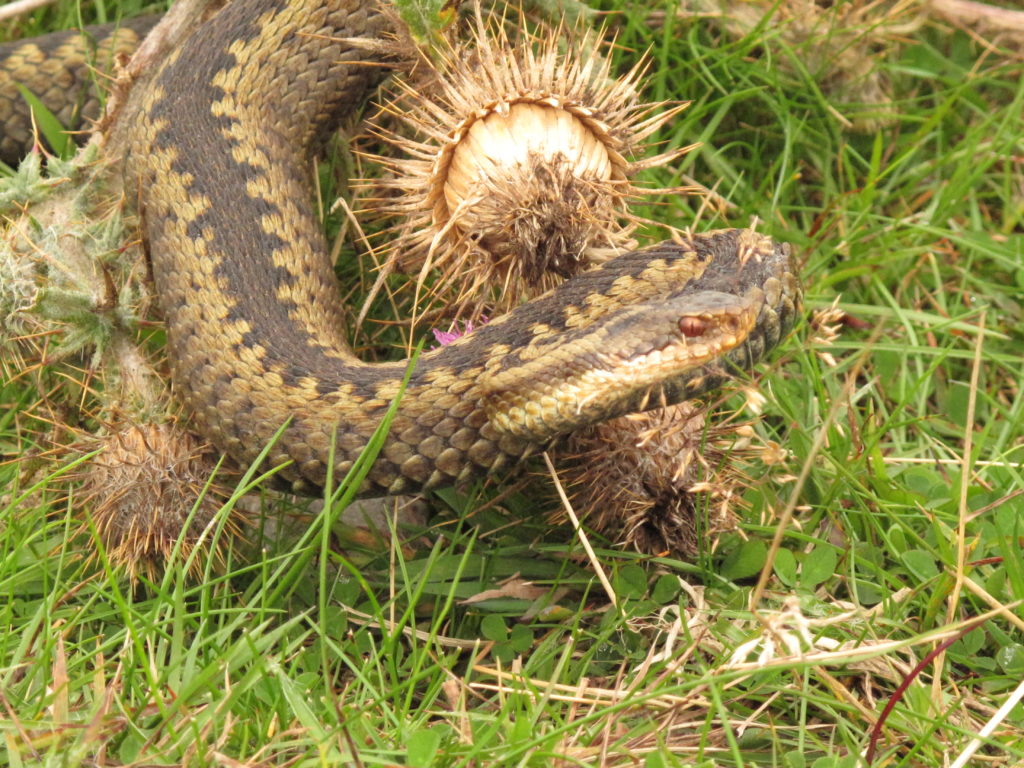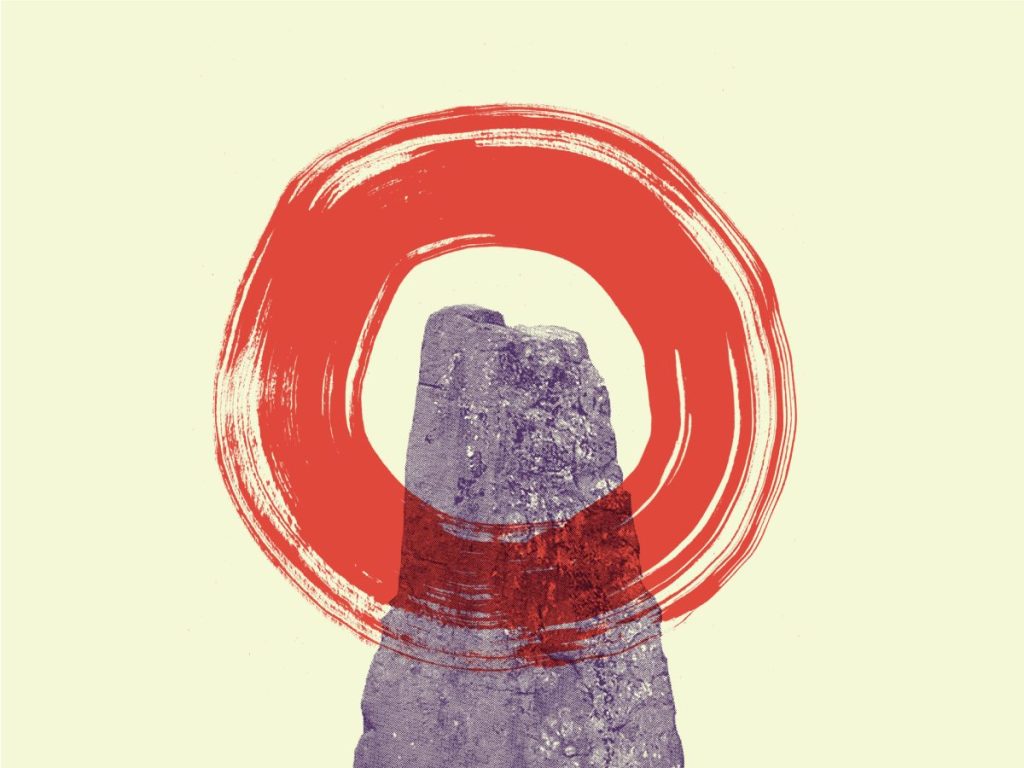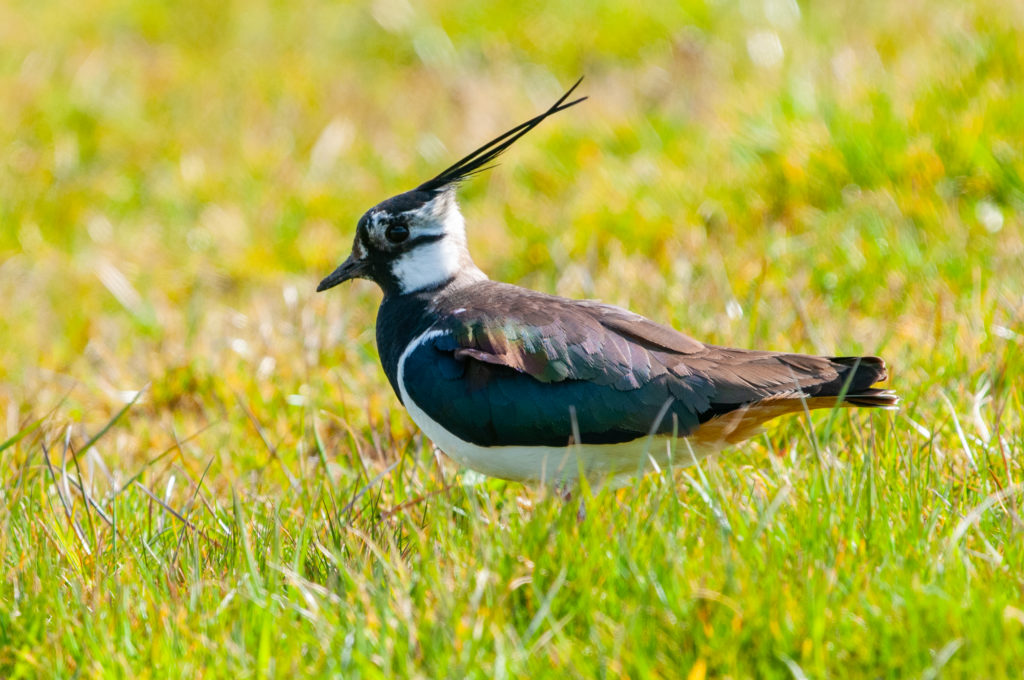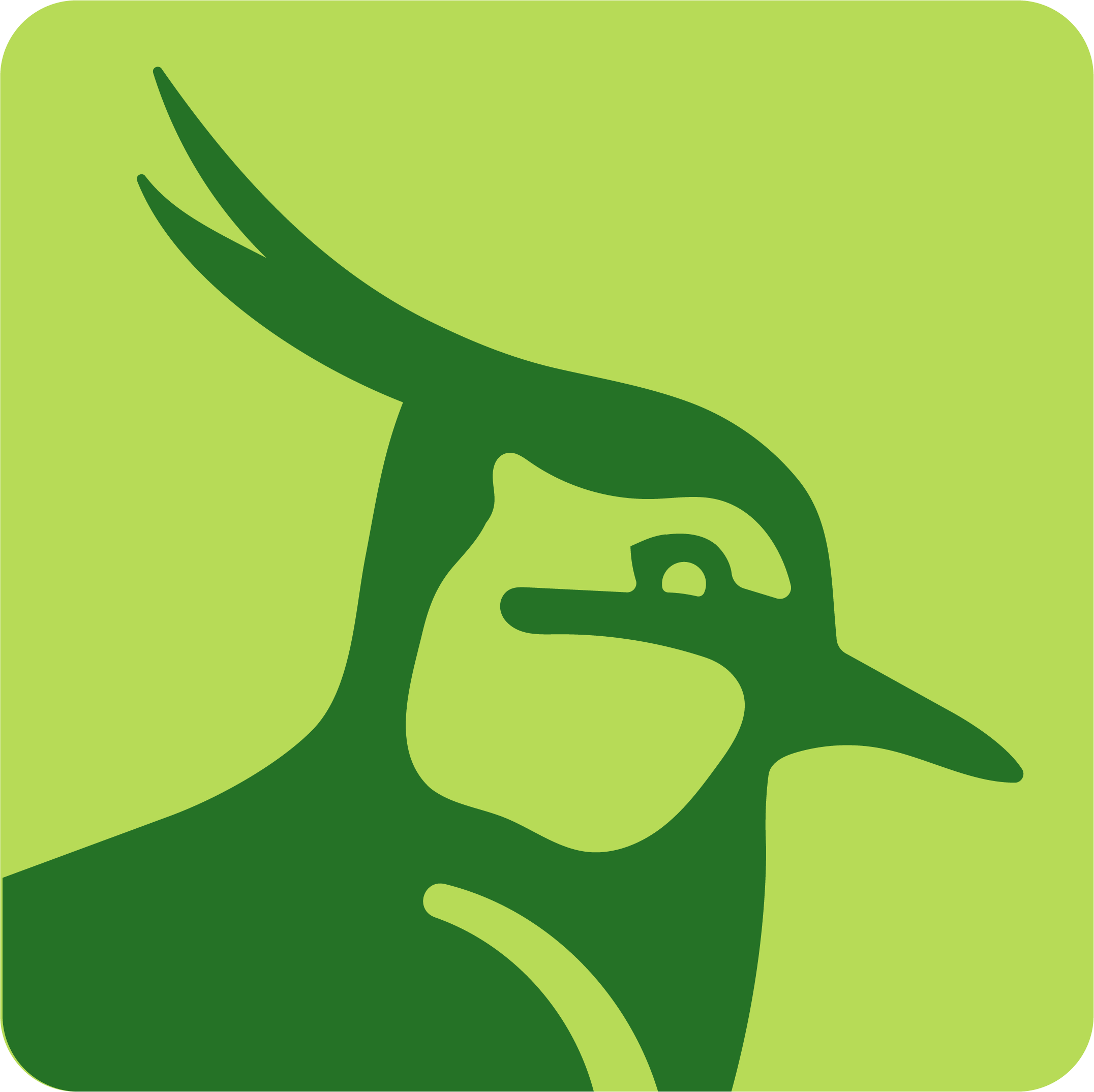Birdwatching
Birdwatchers’ Code
Birdwatchers’ Code
To ensure that you enjoy watching birds without harming them or their young, please always follow this code of conduct.
*If you are watching black grouse please also follow the Black Grouse Watching Code*
The Birdwatchers’ Code puts the interests of birds first and respects other people, whether or not they are interested in birds. It applies whenever you are watching birds in the UK or abroad.
Please help everybody to enjoy birdwatching by following the code, leading by example and sensitively challenging the minority of birdwatchers who behave inappropriately.
*Note this is a summary of the full code – which can be seen here*
The birds come first
- Birds respond to people in many ways, depending on the species, location and time of year.
- Avoid disturbing birds and their habitats – the birds’ interests should always come first.
- If birds are disturbed they may keep away from their nests, leaving chicks hungry or enabling predators to take their eggs or young.
Be an ambassador
- Think about your fieldcraft and behaviour, not just so that you can enjoy your birdwatching, but so others can too.
- Respond positively to questions from interested passers-by.
- Use local services and businesses.
Know the Countryside Code, and follow it
- See the Countryside Code
Law
- Laws protecting birds and their habitats are the result of hard campaigning by generations of birdwatchers. We must make sure that we don’t allow them to fall into disrepute.
- Find out about the main law that protects wild birds in the UK – the Wildlife and Countryside Act 1981.
Rare birds
- Mobile phones, telephone and pager services and the internet mean you can now share your sightings instantly.
- But consider the potential impact of spreading the news and make an effort to inform the landowner first.
- On private land, always talk to the landowner first.
Make your sightings count
- Add to tomorrow’s knowledge of birds by sending your sightings to BirdTrack. This online recording scheme allows you to input and store all of your birdwatching records, which in turn helps to support species and site conservation.
